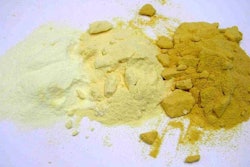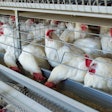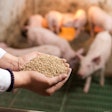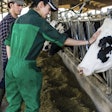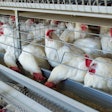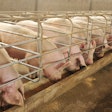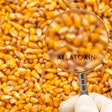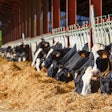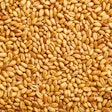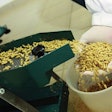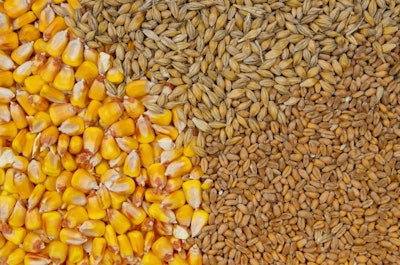
As many feed formulas have swapped corn for wheat, the use of certain enzymes should be re-evaluated.
Europe, and by that, I mean mostly the European Union countries, had a rude awakening when Ukrainian wheat stopped flowing after the start of the war with Russia. My prediction is that a wheat bonanza is not going to happen again anytime soon. So, most EU formulas have switched to corn.
However, premixes that usually contained enzymes for wheat (and barley) continue to be used. Now, such enzymes have little, if any, effect in corn-heavy feeds. And with an average cost of EUR5 (US$5) per metric ton (to be included through the premix), two such enzymes increase feed cost by at least EUR10 per metric ton – a big number, especially when it comes to animals that consume two-thirds of their lifetime feed allowance during their finishing period.
There is some limited work that shows some (specific brands) of wheat/barley enzymes may have some limited effect on corn, but the information is not enough (in my opinion) to justify their inclusion in such feeds. Thus, my current recommendation is to re-evaluate such premixes and discuss with your nutritionist whether you need these enzymes. Even if you use barley (to have firmer/whiter carcass fat) there is a certain inclusion level threshold before such enzymes become meaningful.
Here, I should mention that the enzymes in question are xylanases (pentosans or arabino-xylanases) used mostly in wheat-rich feeds, and beta-glucanase used mostly in barley-rich feeds. Rye-based feeds, used in certain countries in northern Europe, could benefit from both enzymes as rye is rich in non-starch polysaccharides – the target of such enzymes.
By any means, this discussion does not concern the enzyme phytase, which is used to release phosphorus, whereas the grain enzymes above release a small amount of energy.




